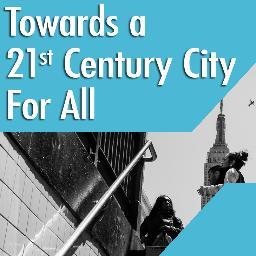Analysis: Immigrant Status Change Could Mean Millions in Tax Revenue for NY
July 9, 2013. A news article in Newsday covers the release of the new report by the Institute on Taxation and Economic Policy and Fiscal Policy Institute regarding immigration status change and possible tax revenue for states. David Dyssegaard Kallick, immigration research director at the Fiscal Policy Institute, said there is no better alternative than for all those immigrants to become taxpayers. "As long as we make sure we don't create a new undocumented population, legalizing the people already here is the right thing to do," [...]


